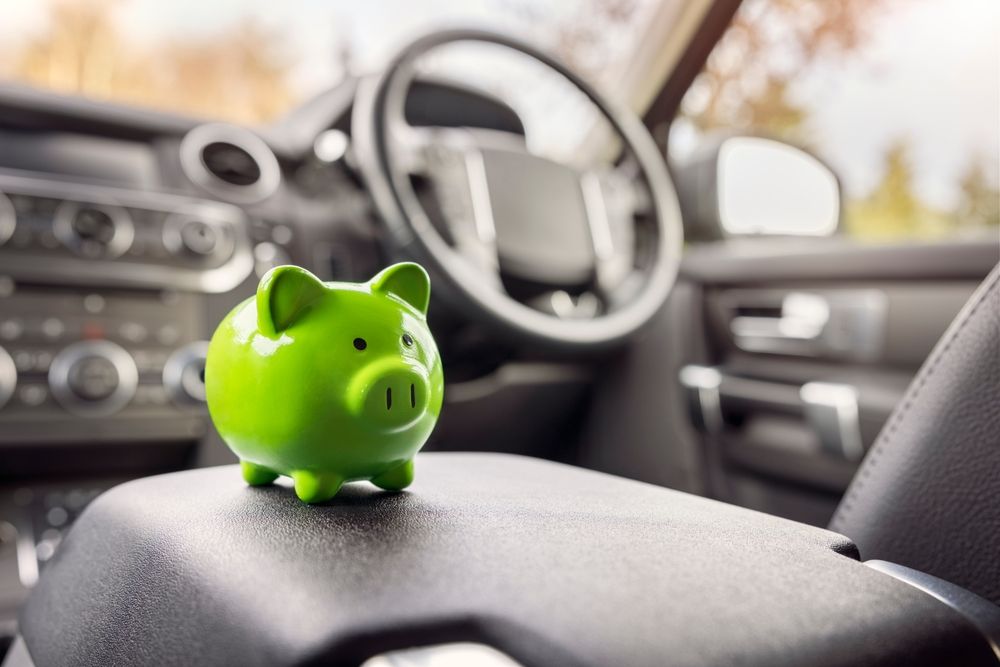
Welcome to our in-depth discussion on economic driving, where we aim to empower you with knowledge and strategies to significantly cut down your fuel expenses. In today’s world, where the cost of living is continually on the rise, saving on fuel costs can provide much-needed relief to your monthly budget. Not only does economic driving help your wallet, but it also benefits the environment by reducing your carbon footprint. Let’s gear up and explore how you can become a more fuel-efficient driver.
Understanding Your Vehicle’s Fuel Consumption
Before you can start saving on fuel, it’s important to understand how your vehicle consumes it. Every car has a miles-per-gallon (MPG) rating, which indicates how efficiently it uses fuel. However, this rating is an average and your actual consumption can vary based on several factors including driving habits, vehicle maintenance, and external conditions.
To begin with, familiarize yourself with your vehicle’s MPG by checking the owner’s manual or looking up the model online. Monitor your fuel consumption over time by recording how many miles you drive and how much fuel you purchase. With this information, you can start to notice patterns and identify areas for improvement.
Remember, different types of driving consume fuel differently. City driving, with its frequent stops and starts, tends to be less fuel-efficient than highway driving. Understanding these nuances will help you make more informed decisions about how and when to drive.
Adopting Smoother Driving Habits
One of the most effective ways to reduce fuel consumption is by adopting smoother driving habits. Aggressive driving, such as speeding, rapid acceleration, and hard braking, can significantly increase your fuel usage. In fact, studies have shown that these habits can lower your gas mileage by up to 30% at highway speeds and 40% in stop-and-go traffic.
Instead, aim to drive at a steady pace, using gentle acceleration and deceleration. Anticipate traffic flow, allowing yourself to coast to a stop rather than braking hard at the last moment. Use cruise control on the highway to maintain a consistent speed and reduce the temptation to speed.
By being a more mindful and patient driver, not only will you save fuel, but you’ll also create a safer and more pleasant driving experience for yourself and others on the road.
Proper Vehicle Maintenance
Maintaining your vehicle is crucial for achieving optimal fuel efficiency. Simple actions like keeping your tires properly inflated can improve your MPG. Under-inflated tires create more rolling resistance, which means your engine has to work harder to move the car. Check your tire pressure regularly and inflate them to the manufacturer’s recommended level.
Regularly servicing your vehicle also plays a role in fuel economy. A well-maintained engine runs more efficiently, so follow your vehicle’s service schedule. Replace air filters, spark plugs, and fluids as recommended. Even a seemingly minor issue like a faulty oxygen sensor can cause your engine to consume more fuel than necessary.
Don’t forget about the aerodynamics of your vehicle. Remove roof racks or carriers when not in use, as they create drag and reduce fuel efficiency. Keep windows closed at high speeds for the same reason. By taking care of these aspects, you’ll ensure that your vehicle isn’t working any harder than it needs to.
Planning and Combining Trips
Strategic trip planning can lead to significant fuel savings over time. By combining errands into one trip, you can reduce the number of times you need to start your car from a cold state, which uses more fuel. Plan your routes to avoid heavy traffic and choose the most efficient path to your destination.
If you have multiple places to visit, try to organize your trip in a logical order that minimizes backtracking and unnecessary miles. Consider the time of day when traffic is typically lighter, and if possible, travel outside of peak rush hours.
Carpooling is another excellent way to save on fuel. By sharing rides with others, you can split the cost of gas and reduce the overall number of vehicles on the road, which can also help alleviate traffic congestion.
Utilizing Technology and Apps
In the digital age, there are numerous technological tools and apps designed to help you save fuel. GPS navigation apps can provide you with the most efficient routes, taking into account current traffic conditions, which can help you avoid congestion and reduce idling time.
Fuel economy apps can track your driving habits and suggest improvements. Some can even monitor your vehicle’s performance and alert you to issues that may be affecting fuel efficiency.
Additionally, many modern vehicles come with built-in features that assist with economic driving, such as gear shift indicators that suggest when to change gears for maximum fuel efficiency or eco modes that adjust the car’s powertrain for more conservative energy use.
By embracing technology, you can gain insights into your driving patterns, make smarter decisions on the road, and ultimately save money on fuel.
Economic driving is a multifaceted approach that entails understanding your vehicle’s fuel consumption, adopting smoother driving habits, maintaining your car, planning your trips wisely, and utilizing the latest technology and apps. By incorporating these strategies into your daily driving routine, you can enjoy significant savings on fuel costs while contributing to a greener planet. Start implementing these tips today and watch your fuel expenses decrease as your savings grow. Happy and efficient driving!
